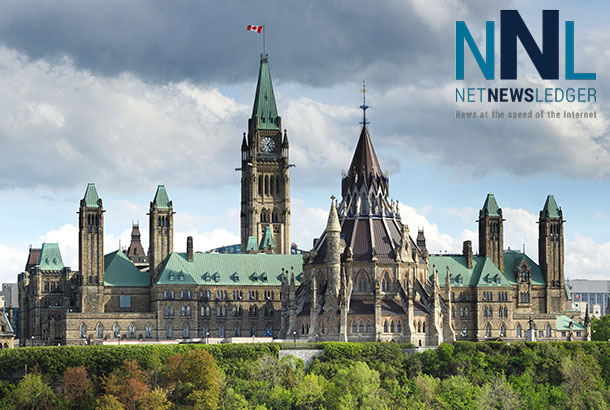 Transparency for Whom?
Transparency for Whom?
Urged on by the right-wing Canadian Taxpayers Federation and the equally über-conservative National Citizens’ Coalition, once led by none other than the current Prime Minister, the Harper government recently passed legislation entitled The First Nations Financial Transparency Act (FNFTA). The Act requires First Nations to render their audited financial statements including all remunerations and expenses and the auditor’s written report available to their members electronically or in written form. Leaving no stone unturned, Harper has also instructed his Minister of Aboriginal Affairs and Northern Development to publish the information on an annual basis on the departmental website –in other words, to make it available to all Canadians including those dimmer bulbs who love to remind Aboriginal people that “It is we, the Canadian taxpayer who ‘supports’ them.”
While transparency and the resulting accountability it encourages are laudable goals – particularly coming from a secretive government notorious for its spinmeisters, comb-overs and cover-ups, the Harper government has no business meddling in and forcibly publishing to the Canadian public the financial affairs of First Nations. This is not to say that First Nations community members do not have the right to this information. Unquestionably, they must have and be able to easily exercise this right.
However, under its fiduciary obligations the Crown, acting through its Canadian government, should have limited itself to enacting legislation that would require First Nations to divulge all of this information to band members only. And only after the government fulfilled its legal requirement to consult and accommodate – neither of which was done in this instance.
Transfers of tax-raised monies or relief from taxes between governments and between governments and corporations, organizations and individuals in Canada happen all the time. Aside from the myriad social programs sustaining our citizens, these tax-raised transfers can come in the form of outright grants, contribution agreements, perverse subsidies (like the multi-million dollar tax rights-offs provided to the fossil fuel industry) and equalization payments provided from the federal government to certain provinces and the territories. Without question, a legal case can be mounted to argue that monies provided by our federal government to constitutionally recognized First Nation governments fall into the latter category. They are transfer or equalization payments between governments: in this instance between the government of Canada and First Nations governments. According to the Department of Finance website, “The Equalization and Territorial Formula Financing programs provide unconditional transfers to the provinces and territories. Equalization enables less prosperous provincial governments to provide their residents with public services that are reasonably comparable to those in other provinces. . . .” Note the word unconditional!
First Nations members must have the unconditional right to insist upon full disclosure of financial records and expenditures from their elected or traditional leaders. Transparency and accountability are the fundamental cornerstones and hall marks not only of a democratic community but, as importantly, of good leadership. The question is: transparent and accountable to whom? We would argue that non-aboriginal Canadians do not have the right to meddle into that arena of transparency and accountability, so long as we can all be assured that there are protocols and mechanisms in place to guarantee that First Nation members have access to that information. All else is typical colonialism.
While corruption is not necessarily endemic to any society or culture, it is one of the least desirable traits of the human species. It is most likely to take root and thrive in dark, unsavory and seamy places, flourishing in the luxuriant soil of greed and self-interest. For corruption to prosper, darkness is essential. If you don’t let the light in, all kinds of parasites can move about in the murk undetected. Ultimately, if there is the expectation that no light will ever shine on their movements, these same parasites become more confident and comfortable in their arrogance and they can move about in fearless and luxurious abandon while sucking their hosts dry to the bone – with none the wiser.
Mechanisms to ensure transparency and accountability ensure that the lights will shine brightly. Let First Nations community members decide how to deal with secretive double-dippers and corrupt leaders chiefly concerned with ripping-off their own people. Fortunately the vast majority of First Nations leaders are committed advocates for their communities whose modest salaries are in line with their very challenging responsibilities.
By Peter Globensky and Beverly Sabourin







